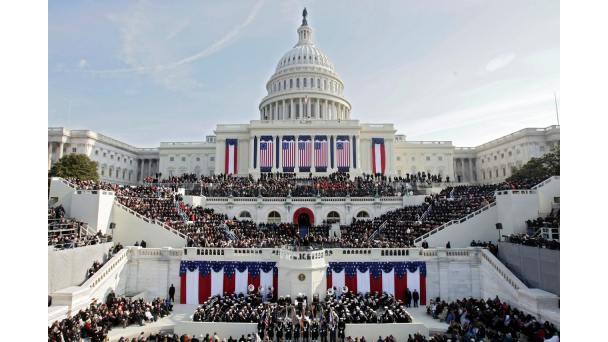We have been through the new year and President Obama’s State of the Union. In the government world, it means eye are increasingly on the November elections — and, eventually, a new president. (It is 287 days to election day and 360 days to Inauguration Day, for those counting.)
For those of us who are passionate about helping government do its job better, these can be very frustrating times — and for a number of reasons. One is that government or Washington is used as a pseudonym for everything bad. But, ironically, candidates hardly mention what they would do to make government better. We are going to work to change that.
Some background…
The “government,” however people perceive it, is not popular these days, whether we like it or not. And there is much data out there: The Gallop poll found that people say the country’s number one problem this year — for the second year in a row — is… you got it: Government. (H/T GovExec)
These data may be an accurate representation of people’s feelings about government, but I think they have little bearing on the role of government nor whether government should work effectively. To the contrary, there may be debates about the size of government and what government should — or should not — do, there are few who actively suggest that government should not work.
- The Partnership for Public Service has its “ready to govern” project
- The Industry Advisory Council and the American Council on Technology has its “transition project” [PDF]
- The National Academy of Public Administration has its ‘transition project’
